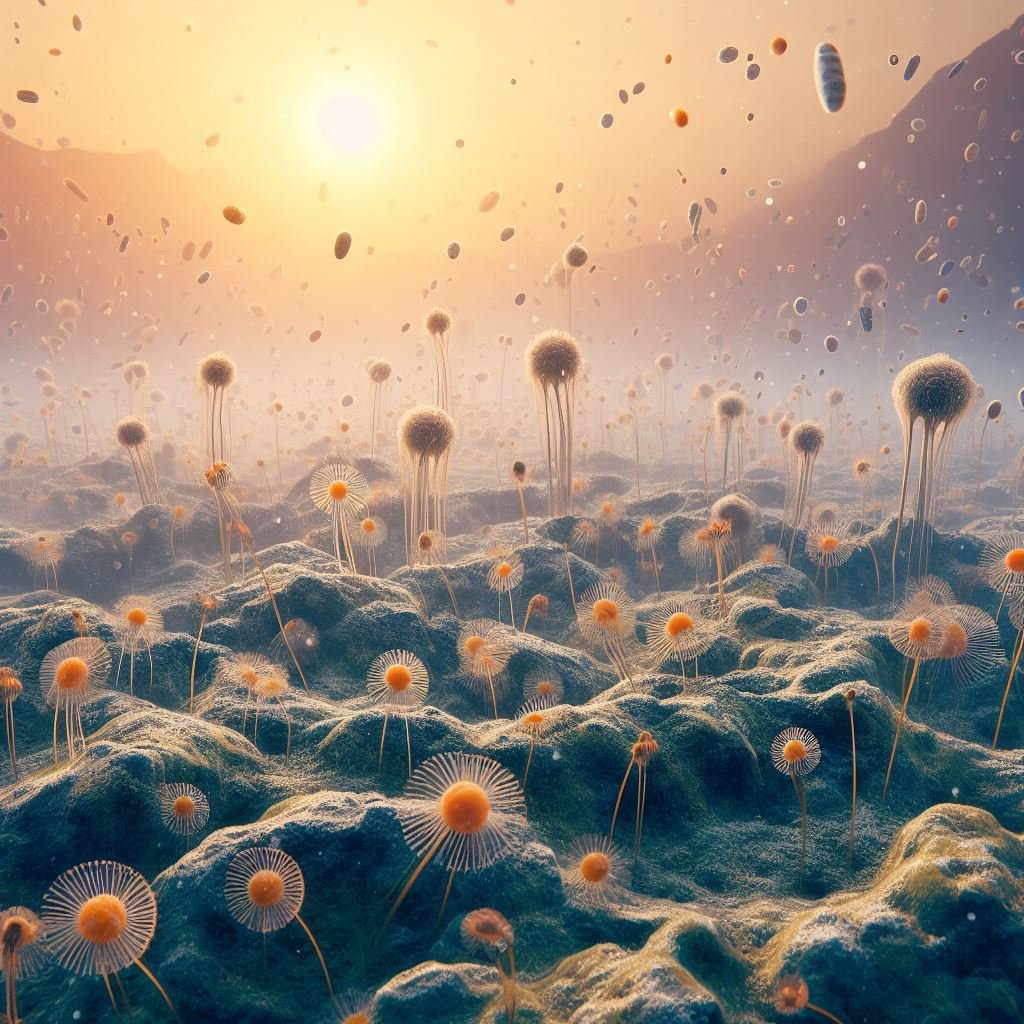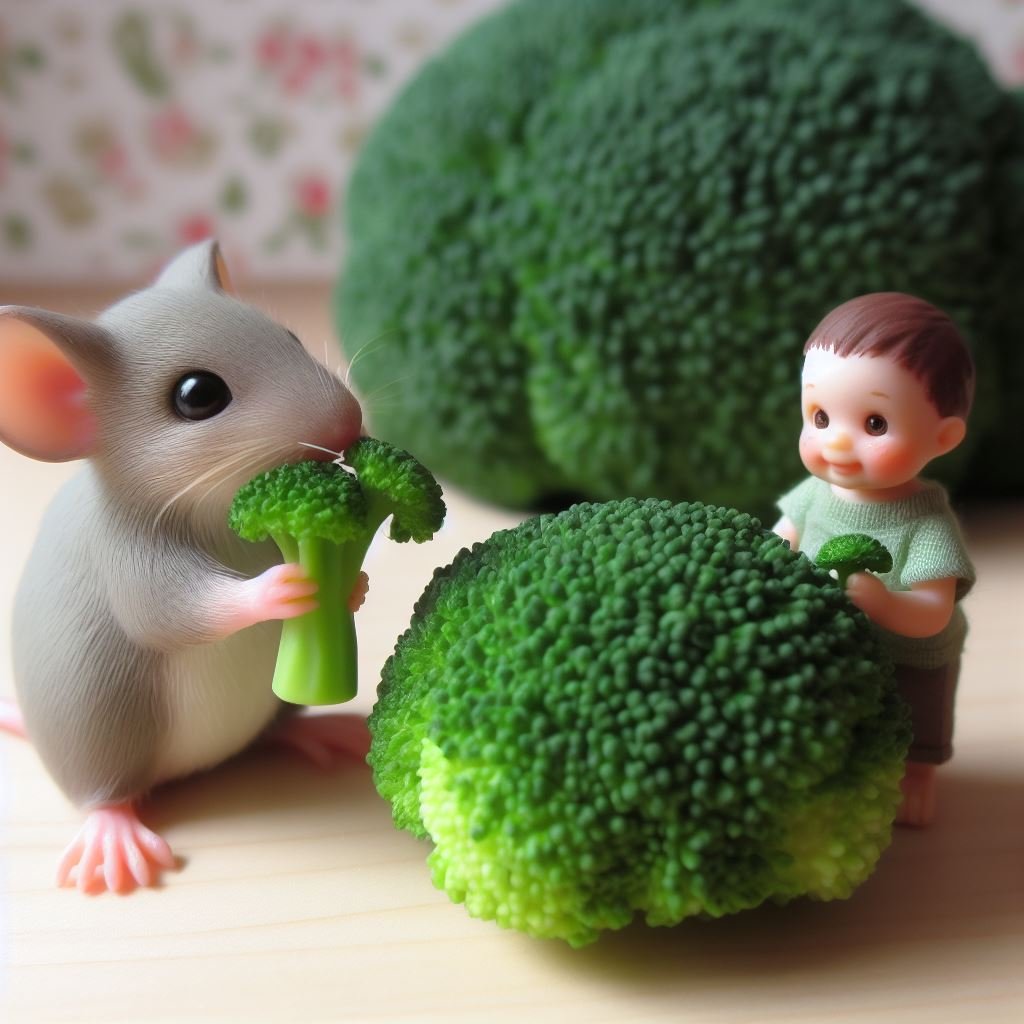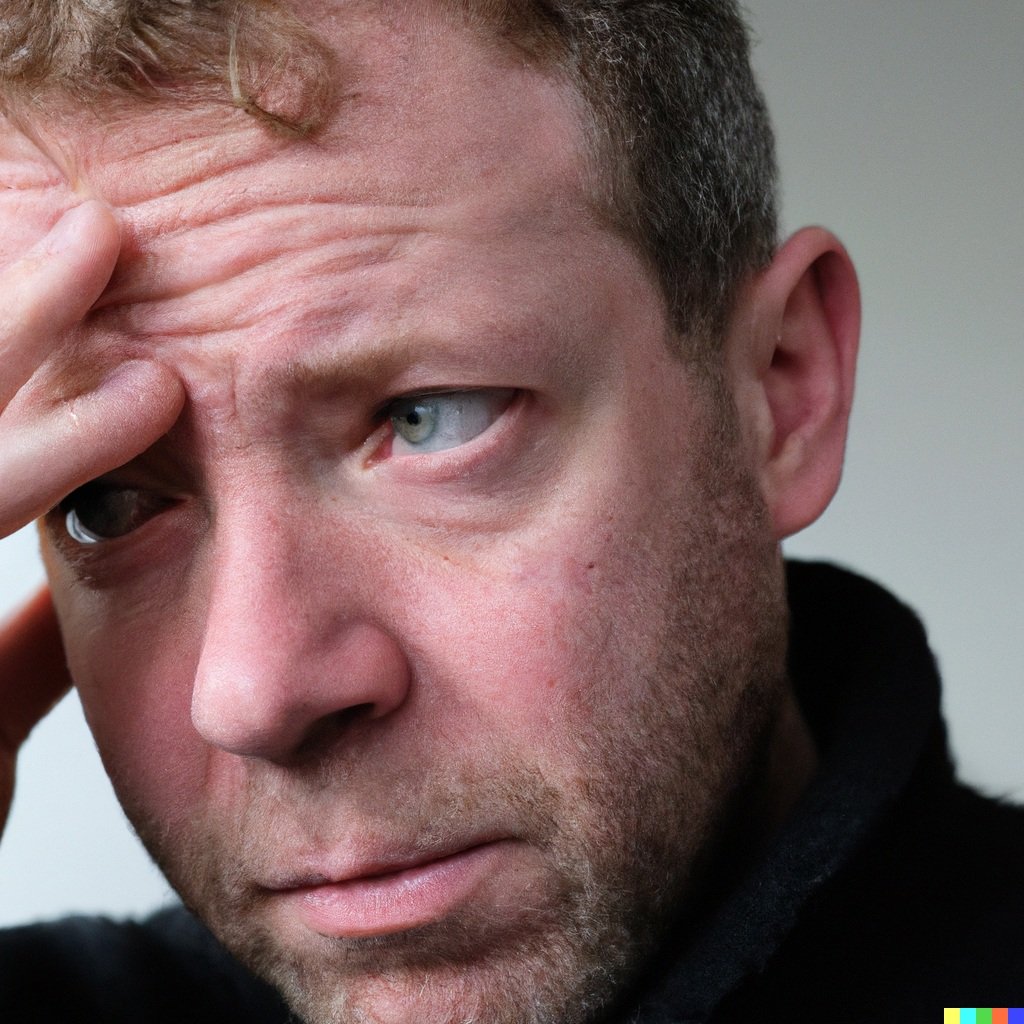
Earth's surface water dives deep, transforming core's outer layer
Researchers contribute to discovery revealing more dynamic core-mantle interaction than previously known.

Men experience less pain when a woman is in charge
A man who is exposed to physical pain feels less severe pain if he is subjected to pain by a woman compared with a man, according to new research.

Recreation of ancient seawater reveals which nutrients shaped the evolution of early life
Scientists know very little about conditions in the ocean when life first evolved, but new research as revealed how geological processes controlled which nutrients were available to fuel their development.

AI faces look more real than actual human faces
White faces generated by artificial intelligence (AI) now appear more real than human faces, according to new research.

Poachers beware: New online tool traces illegal lion products back to source
A new conservation tool is helping protect lions across Africa, where populations have plummeted in recent decades due to poaching and other factors.

Vigorous Exercise, Rigorous Science: What Scientists Learned from Firefighters in Training
Analysis of body fluids yields clue about respiratory infections.

Transfusing More Blood May Benefit Patients Who Have Had Heart Attack and Have Anemia
An international clinical found that a liberal blood transfusion given to patients who have had a heart attack and have anemia may reduce the risk of a reoccurrence and improve survival rates.

Fivefold increase in the melting of Greenland's glaciers over the last 20 years
Melting has increased fivefold in the past 20 years. The study eliminates any lingering doubts about the impact of climate change on Greenland's more than 20,000 glaciers.

Gut bacteria protects against diarrhoeal disease
The severity of a diarrhoeal disease could be down to the bacteria in your gut – according to new research.

Scientists found hundreds of toxic chemicals in recycled plastics
When scientists examined pellets from recycled plastic collected in 13 countries they found over 600 chemical compounds, including pesticides and pharmaceuticals.

Doctors perform world’s first whole-eye and partial face transplant
A surgical team at NYU Langone Health in New York had performed the world’s first successful whole-eye transplant in a living person.

Broccoli sprouts protects against colitis in inflammatory bowel disease
High fiber diets, like those that include broccoli sprouts or other cruciferous vegetables, may reduce disease symptoms and improve quality of life in patients with inflammatory bowel disease (IBD), according to a study conducted in mice.

Mosasaurs were picky eaters
Signs of wear on mosasaurs' teeth show they were picky eaters who liked seafood.

Hummingbirds' unique sideways flutter gets them through small apertures
Most birds that flit through dense, leafy forests have a strategy for maneuvering through tight windows in the vegetation — they bend their wings at the wrist or elbow and barrel through.

Physicists trap electrons in a 3D crystal for the first time
The results open the door to exploring superconductivity and other exotic electronic states in three-dimensional materials.

Why we don't all develop posttraumatic stress disorder
A study shows why only a subset of individuals exposed to trauma develop posttraumatic stress disorder (PTSD). The research, centered on the body's stress hormone response, could pave the way for more targeted treatments for PTSD.

Science team shows how to eat our way out of the climate crisis
Researchers explore the benefits of producing farm-free food.

Cannabis can enhance your empathy
Cannabis can affect your ability to empathise with other people, a new study has claimed.

Experimental pacemaker converts heartbeat energy to recharge battery
An experimental, leadless pacemaker housing is able to partially recharge the device’s battery by generating electrical energy from heartbeats. The device generated about 10% of the energy needed to stimulate another heartbeat.

Poetry can help people cope with loneliness or isolation
Reading, writing and sharing poetry can help people cope with loneliness or isolation and reduce feelings of anxiety and depression, a new study shows.

